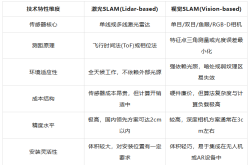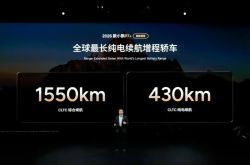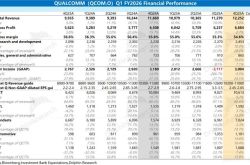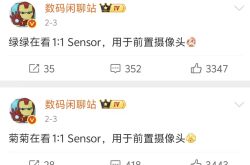Behind the Geyue Auto Turmoil: Ushering in the "Great Shakeup" Era in New Energy Vehicles
![]() 12/17 2024
12/17 2024
![]() 572
572
Survival of the Fittest: A Competitive Landscape
Author | Richard, Shengma Finance
Editor | Ouyang Wen
Recently, Geyue Auto's turmoil has become a focal point in the new energy vehicle industry. As an emerging brand that garnered significant attention in recent years, Geyue once won the market's favor with its cutting-edge technology and bold innovations.
However, amidst a series of crises, including supply chain management issues, a broken capital chain, and damaged brand image, Geyue Auto's predicament highlights the deep-rooted challenges faced by the rapidly expanding new energy vehicle industry.
Since December 10th, online reports circulated that Geyue Auto's internal shareholders would cease investment and shut down vehicle manufacturing operations. Employees subsequently claimed the company had been "disbanded on the spot" and demanded unpaid social security, wages, and severance pay. All company operations stalled, and internal messaging platforms were muted for employees. Simultaneously, the company faced issues with supplier debts, with multiple suppliers sending demand letters for overdue payments.
This incident is not merely a crisis for Geyue Auto but a signal of an accelerated shakeup in the entire new energy vehicle industry.
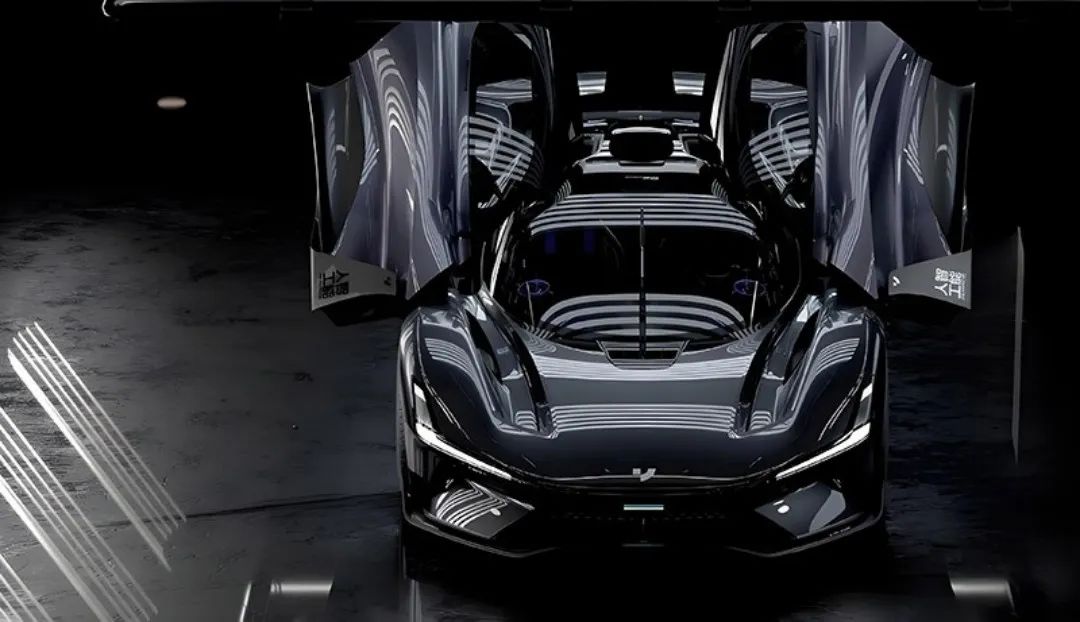

The Dawn of the "Great Shakeup" Era in New Energy Vehicles
Currently, the new energy vehicle industry's competitive landscape is undergoing profound changes. Firms that expanded rapidly with short-term policy incentives and financial support now face immense pressure for transformation and upgrading. Meanwhile, leading enterprises with robust financial backing, technological innovation, and a comprehensive ecosystem are swiftly capturing market share.
Against this backdrop, the industry's future trend is quietly evolving towards a refined, differentiated, and more rationalized competitive landscape.
As an emerging brand, Geyue gained market attention through technological innovation and intelligent products. However, during its expansion, it relied heavily on capital support while neglecting management stability and supply chain resilience, leading to a broken capital chain and severe brand damage. This incident marks a turning point after the new energy vehicle industry entered a "new normal" and reveals deeper industry issues.
Firstly, technological innovation is no longer the sole competitive force. Geyue once attracted numerous consumers and investors with advanced and intelligent products. However, as market competition intensifies, technological advantage alone cannot sustain long-term market share.
In this process, a company's capital chain and supply chain have become crucial competitive factors. Geyue's shortcomings in capital management and supply chain layout thrust it into the spotlight. This exposure signifies the gradual shift from technology-driven to comprehensive capability competition in the new energy vehicle industry.
Secondly, increasing capital pressure makes the survival of the fittest trend increasingly apparent. In recent years, many new energy vehicle companies expanded rapidly through capital markets. However, as market demand saturates and government policies tighten, capital support wanes, and industry enterprises face heightened survival pressure.
As a capital-intensive enterprise, Geyue exposed significant risks in capital management after its capital chain broke. Facing this dilemma, only enterprises that generate revenue, possess strong financing capabilities, and have capital guarantees can survive. Otherwise, even technologically advanced enterprises may struggle due to capital issues.
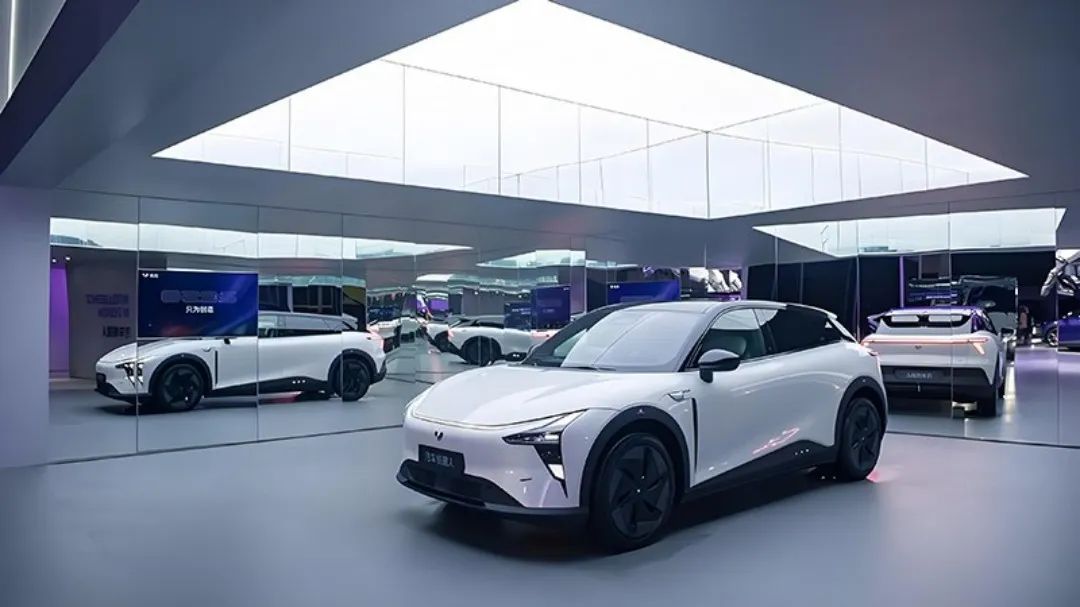

The Rise of Leaders and Elimination of SMEs
With technology proliferation and consumer demand evolution, the new energy vehicle market has entered a refined competition stage. The extensive growth model driven by capital in the past can no longer meet future market development needs. Enterprises with core competitiveness and stable operations will thrive, while those with weak management, unstable supply chains, and insufficient funds risk elimination.
The first major trend in the accelerated industry shakeup is that technological innovation is no longer the sole competitive barrier. As battery technology, intelligent systems, and other technologies mature, technology differentiation narrows in the market.
Enterprises must gain competitive advantages by optimizing supply chains, improving management efficiency, and enhancing brand influence—areas where Geyue lacks. In this context, enterprises that integrate resources and make in-depth layouts across multiple links will stand out and capture more market share.
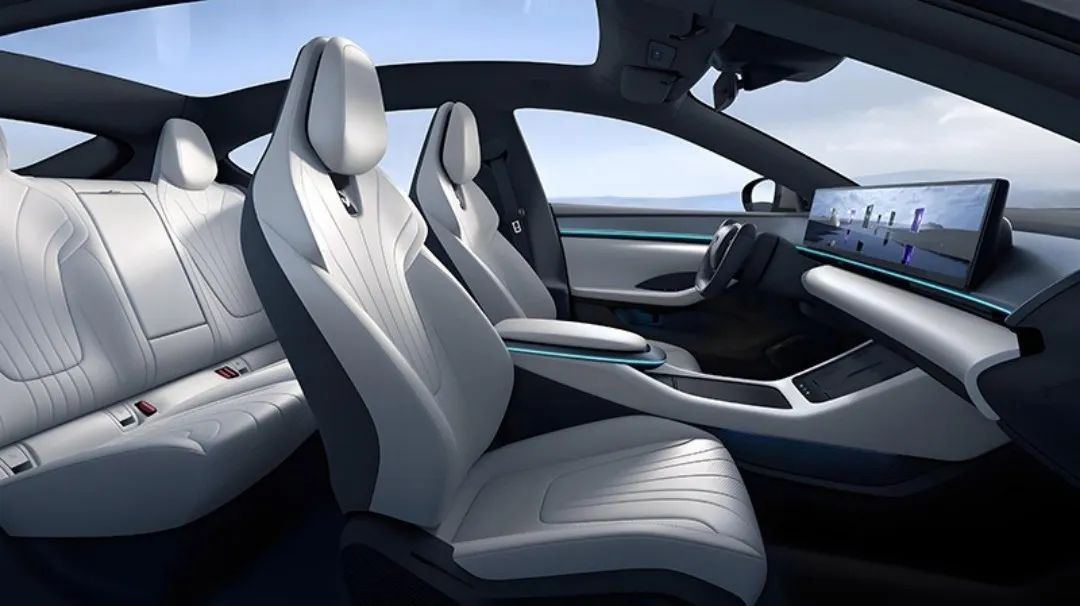
Additionally, capital centralization is intensifying. Large enterprises with capital advantages can accelerate technology R&D, expand market channels, and even merge or acquire competitors, further consolidating their market position. However, SMEs with unstable capital chains and external financing dependence face financing difficulties and may be eliminated. Under this trend, the new energy vehicle industry's competitive landscape will gradually favor leading enterprises.
Currently, the new energy vehicle market is entering a new development stage. In the long run, industry competition will focus on the dual-wheel drive of intelligence and ecology.
Intelligence encompasses not only technological innovation in vehicles but also emerging technologies like intelligent networking and autonomous driving. Ecology means enterprises must establish advantages across the industry chain, including production, supply chains, charging facilities, etc., to create a comprehensive industrial chain.
In intelligence, future competition will transcend simple technology and encompass comprehensive technology and service competition. With 5G, IoT, and big data maturation, intelligent vehicles will provide more personalized and convenient services, a focus for consumers. Geyue Auto's turmoil warns of over-reliance on intelligent technology. Enterprises must ensure technology's sustainability and systematization while pursuing intelligence.
Ecological competition means establishing advantages across various industry chain links to form a complete ecosystem. For instance, well-developed charging facilities and automotive after-sales service systems become crucial for consumer brand choice.
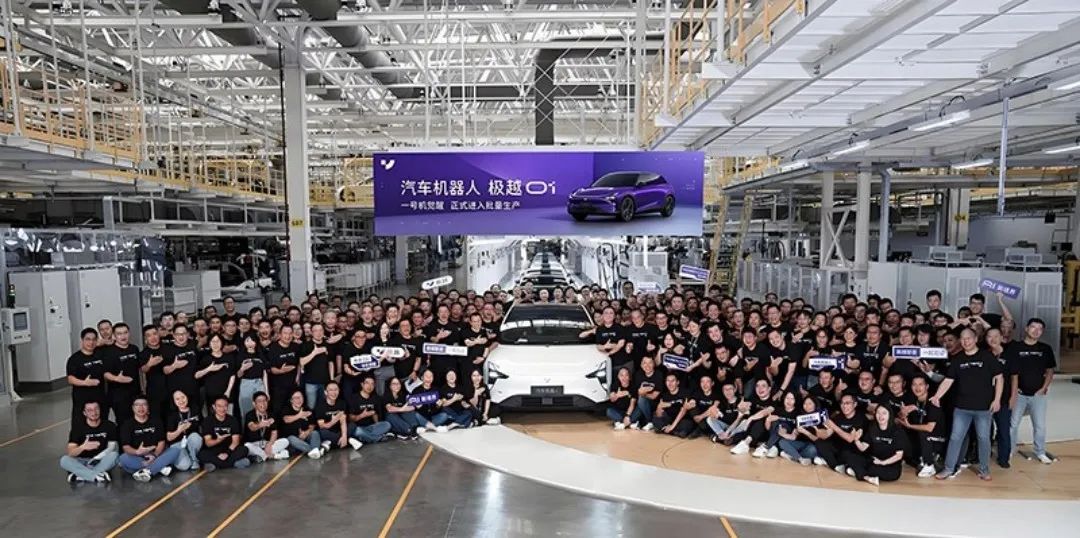
Geyue Auto's turmoil signals the "Great Shakeup" in the new energy vehicle industry. With technological maturity, stricter policies, and intensified market competition, the future new energy vehicle market will face fiercer competition.
On one hand, the industry will present more opportunities, especially as intelligence and ecology drive new development spaces for enterprises. On the other hand, enterprises must achieve comprehensive improvements in capital management, supply chain stability, brand influence, and other aspects to excel in competition.
For investors and industry practitioners, the Geyue incident serves as a crucial warning: in this rapidly evolving industry, only enterprises with comprehensive competitive advantages may survive fierce market competition.
END
Follow us for more exciting content
Shengma Finance sincerely original, no reproduction without authorization

